🏠 1. Define the role of governance to enable better knowledge and information management
Part of your data strategy should be building a strong data governance framework. You need accurate knowledge of your tenant data, property data, maintenance and security data, financial data (the list goes on...) and need to be able to use that data to inform business and financial planning. Without proper governance, that’s a tall ask.
🏠 2. Implement a knowledge and information management strategy
Having a data strategy is a cornerstone of Knowledge and Information Management. You need to understand the exact capabilities to establish in order to protect your tenants, maintain your properties, make good investments and keep regulators informed. Your strategy will outline how your current data capabilities empower you to deliver the ‘big picture’, whether that’s people, process or technology.
🏠 3. Review internal guidance around recording vulnerabilities
As a socially responsible organisation, understanding the people you serve is critical to offering them the services and experience they need. This is why it’s important that vulnerabilities, whether temporary or permanent are recognised, recorded, and then removed from records once no longer appropriate.
🏠 4. Develop organisational key data recording standard requirements
To establish and maintain good data that supports the business and demonstrates compliance with national standards, requirements need to be set and adhered to across the business.
🏠 5. Review existing databases for capability and capacity to record those key data requirements
It’s essential for any housing association to ensure databases are capable of adequately capturing information about residents, such as their vulnerabilities, and homes, such as maintenance records.
🏠 6. Ensure databases are easy to interrogate, and that the data can be extracted and used
Without the ability to interact with your data, it's like having a treasure chest without a key. For data to be valuable, it must be more than just collected; it needs to be efficiently structured, analysed and used in ways that align with organisational goals and strategies. Otherwise, it's merely a waste of storage space, unable to fulfil its potential for evidence-based practice and informed decision-making.


















